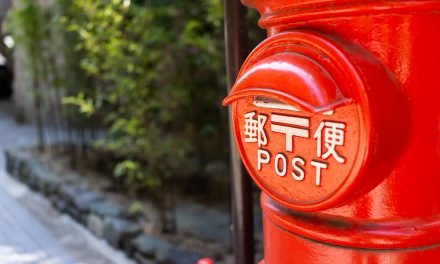
Koizumi says postal bills mark first step towards postal reforms
Prime Minister Junichiro Koizumi said Tuesday a set of four postal services deregulation bills being debated at the Diet mark a first step toward postal reforms.
“The reform bills mark a first step,” Koizumi told the House of Representatives Committee on Public Management, Home Affairs, Posts and Telecommunications, reiterating his determination to privatize the state-run postal services.
The bills include one that would allow private firms to begin offering mail services under certain conditions and one to establish a new public corporation in 2003 to take over the three state-run postal services — mail, postal savings and “kampo” life insurance.
Postal service privatization is one of Koizumi’s pet structural reform strategies, but it is also a highly political issue as there are many lawmakers both in the ruling and opposition parties with vested interests in postal services.
Koizumi’s comment followed a series of critical remarks expressed to the committee by witnesses earlier in the day.
Keiji Aritomi, president of Yamato Transport Co., Japan’s largest courier firm, criticized the postal bills and reiterated his company’s decision not to enter the mail delivery business.
On April 26, Yamato Transport said it abandoned plans to enter the mail delivery business because the government’s moves to privatize the sector are likely to put too many requirements on new entrants.
“The bills are counterproductive to reforms and something unacceptable to our company philosophy as well. That’s why we decided not to enter the market,” Aritomi told the committee.
Yamato Transport had expressed keen interest in entering the field if it were opened to private-sector companies under the initiative of Koizumi and his cabinet.
Commenting on Aritomi’s remarks, Koizumi later told reporters, “Once the bills are enacted, they will learn that private-sector firms can enter the market. After that, it is up to individual companies to decide.”
Meanwhile, Masayuki Ishikawa, chairman of the Japan Postal Workers’ Union, who was also invited to testify before the committee, said he opposes the bills because they would intensify competition in a way that would only benefit large cities and big companies.
“Remote areas will be placed at a disadvantage, with likely increases in service fees,” Ishikawa said.
Mitsuko Yonaguni, a tour guide in Okinawa, also told the committee she fears the bills could result in the closure of unprofitable post offices in remote areas.
“We need a school even if there is only one student. The same thing can be said with post offices. Post offices are indispensable to our daily life,” Yonaguni said.












